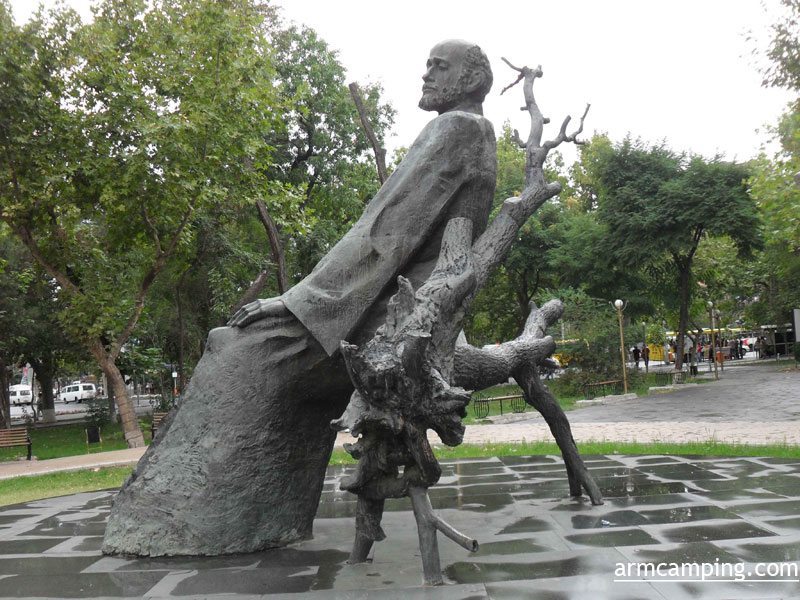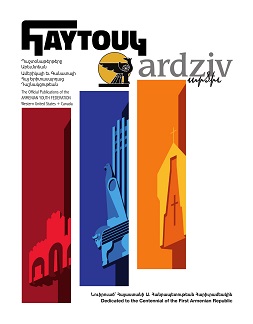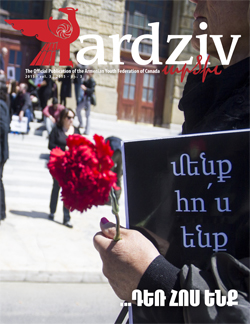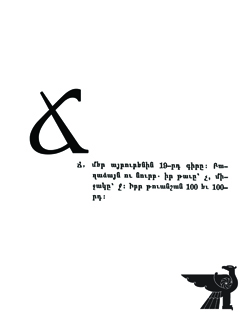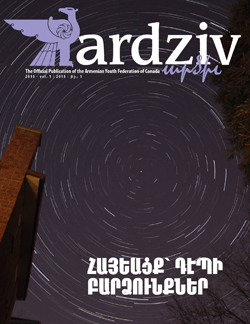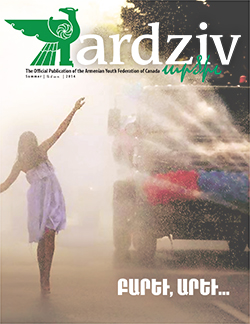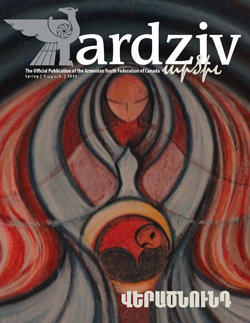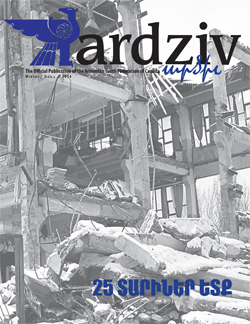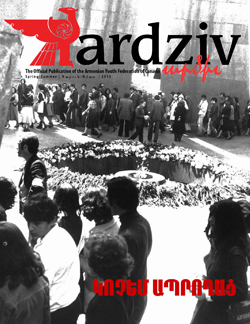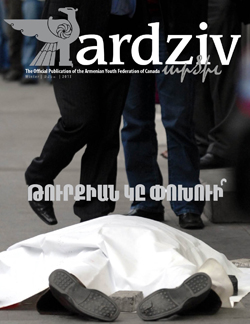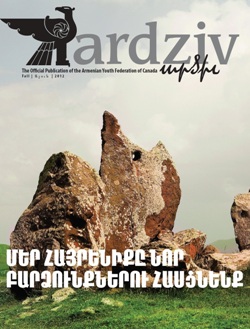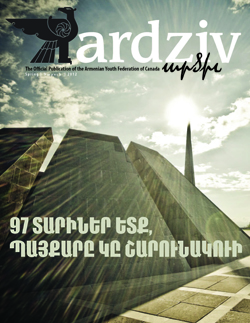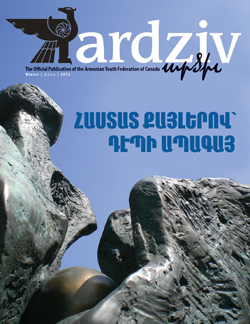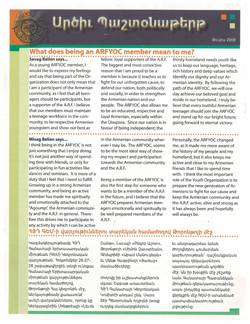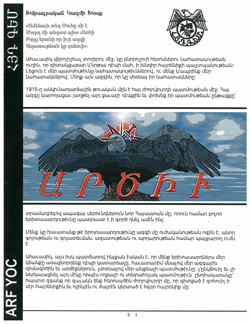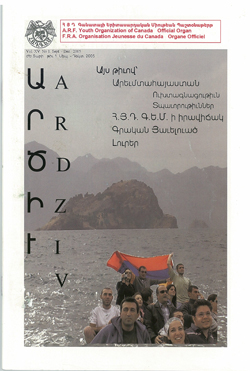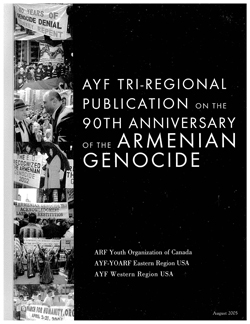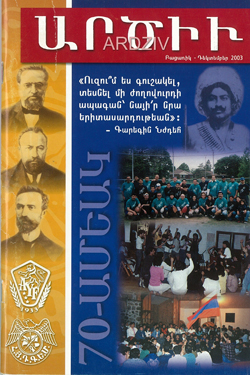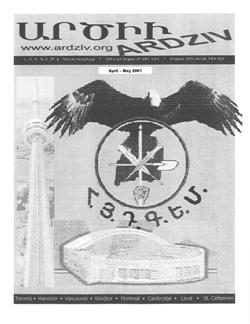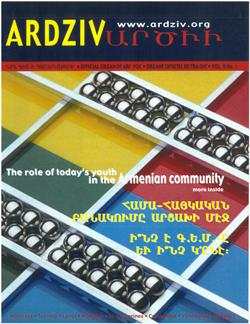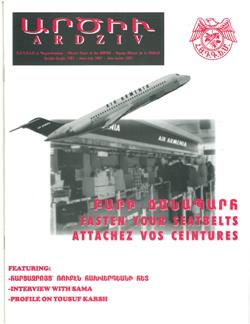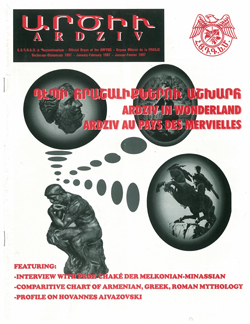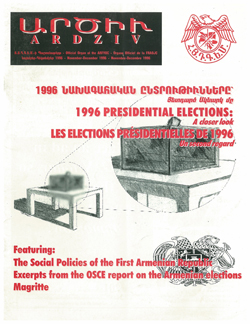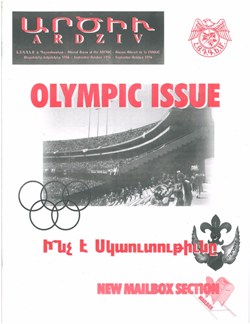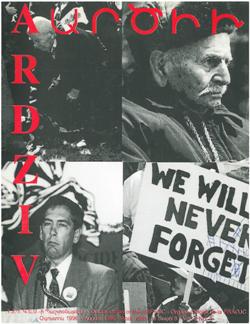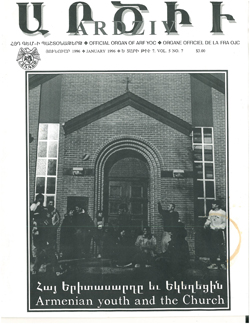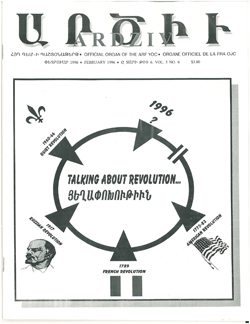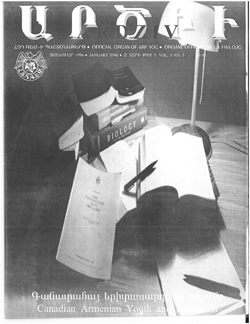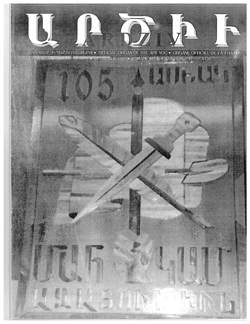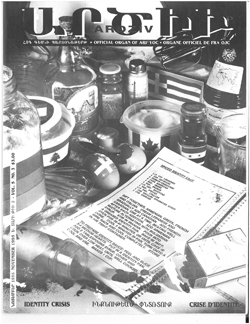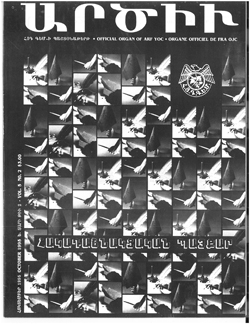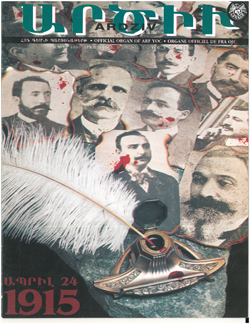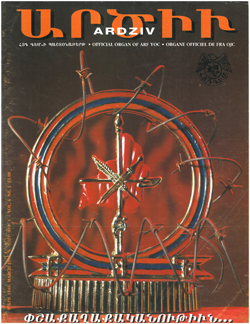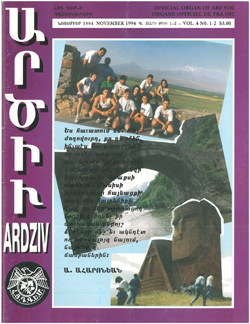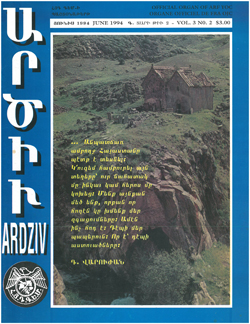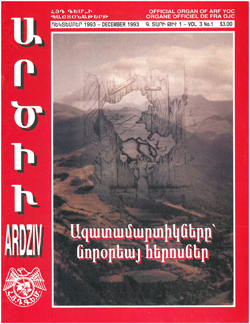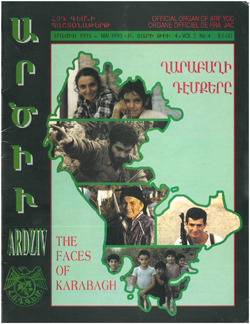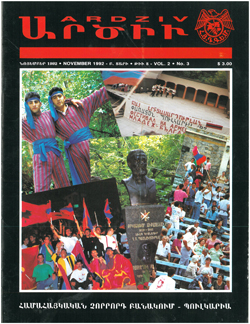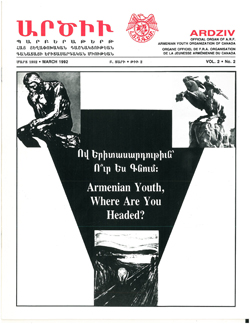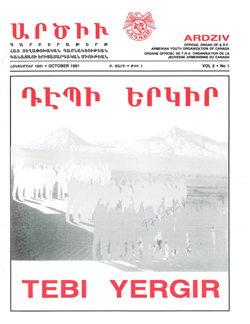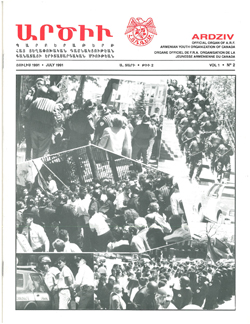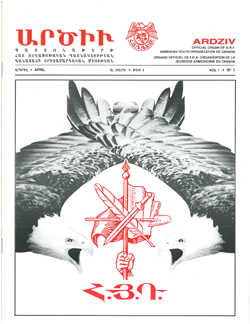Culture For Sale
By: Razmik Tchakmakian | Posted on: 11.07.2012Warning: Undefined array key "ssba_bar_buttons" in /home/u108981792/domains/ardziv.org/public_html/wp-content/plugins/simple-share-buttons-adder/php/class-buttons.php on line 602
Warning: Undefined array key "ssba_bar_buttons" in /home/u108981792/domains/ardziv.org/public_html/wp-content/plugins/simple-share-buttons-adder/php/class-buttons.php on line 602
Warning: Undefined array key "ssba_bar_buttons" in /home/u108981792/domains/ardziv.org/public_html/wp-content/plugins/simple-share-buttons-adder/php/class-buttons.php on line 602
Warning: Undefined array key "ssba_bar_buttons" in /home/u108981792/domains/ardziv.org/public_html/wp-content/plugins/simple-share-buttons-adder/php/class-buttons.php on line 602
Picture yourself in a time before I-Tunes, Napster, or even the internet. For some readers, this may be a glimpse of the past, but for others, it’s a reality never experienced, and difficult to envision. Imagine when directions were explained on paper, purchases made at a store, information retrieved from a library, and music sold at a record store. In the last 15 to 20 years, primarily with the advent of the internet, the way society functions, especially in the western world has changed dramatically. Sudden advancements in technology have particularly affected the music industry in ways nobody could foresee. Rapid changes in the creation, marketing, and distribution of music have made for a turbulent music industry which has both artists and record labels scrambling to find profits from any avenue possible. This turbulence experienced by the music industry as a whole is jeopardizing much more than the profits of artists, and is leading to the disappearance of culturally distinguishable music.
Up until the introduction of illegal downloading, or “file sharing”, a very popular artist would sell anywhere between 1 million to 5 million copies of their album. An artist of the same caliber today would be lucky to sell 500 thousand copies. The resulting drop in album sales due to the availability of file sharing programs brings up the very important question of why an artist would even go into the studio to record a full length album. Why would a band, or record label, invest their time and money on recording an album when there are no buyers and the general public will inevitably download the album for free. More significantly, how does all this relate to the disappearance of Armenian music? The correlation lies in the shift the industry has taken due to the technological changes that have rocked its foundations. Album sales are no longer the major form of revenue, and concert sales, paraphernalia, and other revenue generation approaches have made the industry less about providing good music, and more about entertainment, driven by well structured marketing campaigns. Once music, and particularly its integrity, is no longer the driving force of popularity and sales, the effects on the type of music created are obvious. For Armenian music, this shift has led to “modern” and “hybrid” Armenian songs, popularized by emerging artists spreading their music with music videos online, and concerts in large venues.
What we as Armenians have lost when it comes specifically to music is the true essence of what our music should be. We have integrated other sounds that have had nothing to do with Armenian music historically, and have called it our “own”. Granted, we have been forced to flee from our homes into foreign and alien countries, and inevitably assimilated into those traditions and values, but that doesn’t give us the right to casually sell out our own music for others. For those readers who question what Armenian music is, and what it should be, and can’t find the fine line of what is, and what isn’t our own, all you have to do is open a history book. Our own Komitas Vartabed has so beautifully outlined the archetypes of what is considered Armenian music, breaking it down to the musical scales Armenian music has traditionally been in. We should be blessed to have this sort of framework that distinguishes our music from others. We as a people have been very arrogant over the past 100 years, to not know this piece of very valuable information, but that’s just the problem as a whole isn’t it? We close our eyes to what we have, and put significance and precedence to other cultures, blindly calling it our own. We have various Armenian instruments, scales, notes, sheet music, that very few modern artists study or use. The rare few that truly exemplify the meaning of Armenian music are shunned upon within our own people, calling it “outdated”. Why should we laugh, and look down upon our true music, when we can embellish in it, and be proud to call it ours? One thing is for certain, if we don’t cherish what we have, no one else will.
I’m not disregarding the impact that pop or other forms of music have within our culture, nor am I arguing for their insignificance. Rather, I argue that just because the lyrics to a song are Armenian, doesn’t make it Armenian music. It seems as though many artists starting from Armenia all the way to the diaspora have Americanized and westernized their sound. Is putting a dance beat, with synthesizers in the back, while singing “sirum em kez”, Armenian? I will leave that question to the judgement of the reader. Pop music has its place, of course, but we shouldn’t be going to Armenian festivals with this kind of music being played, and being proud that we brought together 2000 Armenians that came to listen to “our” music. That, to me, is false advertising. Bringing politicians and various dignitaries to our events and glowing with pride that this is our music is misguided. When most of that music being played are just rip offs of American, Turkish, and Arabic songs, we are clearly living in a world of delusion. It is outright disgraceful, and neither of us as a community should be proud that we are supporting such acts.
All this leads me to wonder who is actually to blame for this. Is it truly the artist’s fault that he/she is being hired to play at these numerous events? My inclination is that it is not. It is the fault of our own communities, and committees for demanding this music, and supporting these artists. It is the simple law of supply and demand. If we stand up as a whole and protest or boycott these events, then these fabricated acts of “Armenian” music will cease. But as long as there is a demand for these types of singers, then there will never be a change. Why, as an Armenian community, should we have to encourage an artist that comes to our festivals and chooses to sing Arabic songs? This is not to say that artists should not be performing Arabic songs, or that they are not good songs, but there is hypocrisy when an Armenian festival features foreign music. Imagine a Picasso art exhibition, with featured paintings by Van Gogh. Why should we allow artists that steal Turkish music, and change the lyrics to Armenian, present that music as our own? It is a sad stage for a race as rich with culture as Armenians to be unknowingly stripped of their own identity within the walls of the communities that were built to protect and preserve them.
So, is there a solution? Can we truly go back to our roots and be proud of OUR music? Be proud of what Komitas Vartabed, Sayat Nova, and countless others in the history of Armenian music have given us? The power for that lies in the hands of each and everyone of us. It is in the hands of the numerous communities, organizations, and clubs that we have around the world. It is up to us to make that change, and to stop spreading this falsified example of what Armenian music has become. Until that day doesn’t come, we will still be carrying the torch for other cultures, ignorantly supporting artists that are single handedly destroying in decades, the culture formed over centuries and millennia. Until that day doesn’t come, we will still be selling away our culture,one event at a time.
